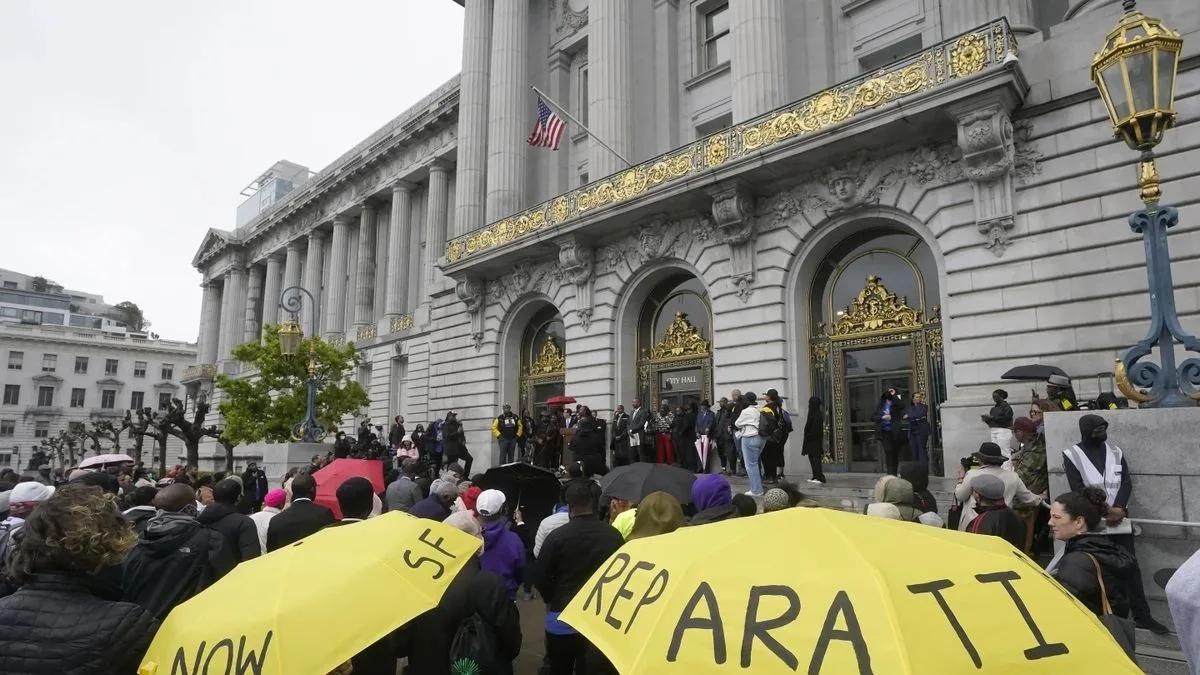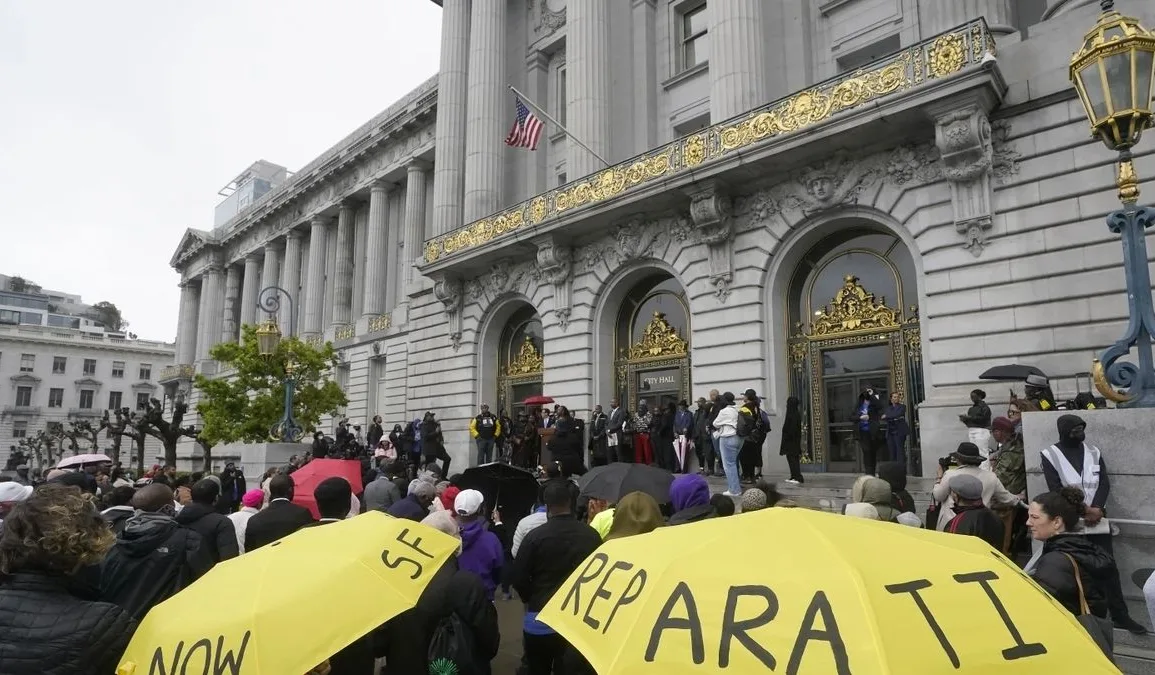
Marking a historical moment, San Francisco’s supervisors have formally issued an apology to African Americans for the city’s role in systemic racism and discrimination. Supervisor Shamann Walton spearheaded the resolution, recognizing the need to address the city’s dark past and the current socio-economic disparities faced by Black residents. This unanimous decision places San Francisco alongside Boston and nine other states in acknowledging its past wrongs and considering reparations as a form of redress.
Historical Context and Reparations Recommendations
The apology acknowledges decades of targeted acts of violence, systemic discrimination, and other injustices against African Americans. The African American Reparations Advisory Committee has laid out over 100 recommendations, aiming to mitigate the racial wealth gap. Noteworthy among these is a proposed $5 million lump-sum payment to eligible Black adults and a nearly $100,000 yearly guaranteed income. However, these recommendations have yet to see implementation, sparking a debate on the efficacy and feasibility of such reparations. Despite the apology, Mayor London Breed and other leaders express concerns, suggesting that reparations should be a national endeavor.
Community Response and Criticism
The resolution has elicited mixed reactions. Proponents view it as a significant step towards justice, emphasizing the importance of reparations in addressing the historical injustices and current disparities faced by the Black community. Critics, however, argue that the city’s upcoming public safety measures and housing developments might adversely affect Black residents, further exacerbating the issues the apology seeks to address. The city’s proposal also comes at a time when the Black population in San Francisco has dwindled to 5.4%, underscoring the urgent need for effective policies to reverse the trend of displacement and socio-economic marginalization.
Looking Forward
While the formal apology is a pivotal move towards reconciliation, it has also reignited the discussion on the role of reparations in healing historical wounds and rectifying long-standing inequalities. There’s a growing call for San Francisco to move beyond apologies and take concrete actions by adopting the reparations committee’s recommendations. Advocates argue that tangible measures, including improving access to education, employment, and housing, are essential to make amends for past atrocities and ensure a more equitable future for all residents. As the city contemplates its next steps, the broader implications of these reparations proposals for the nation remain a topic of significant debate.


